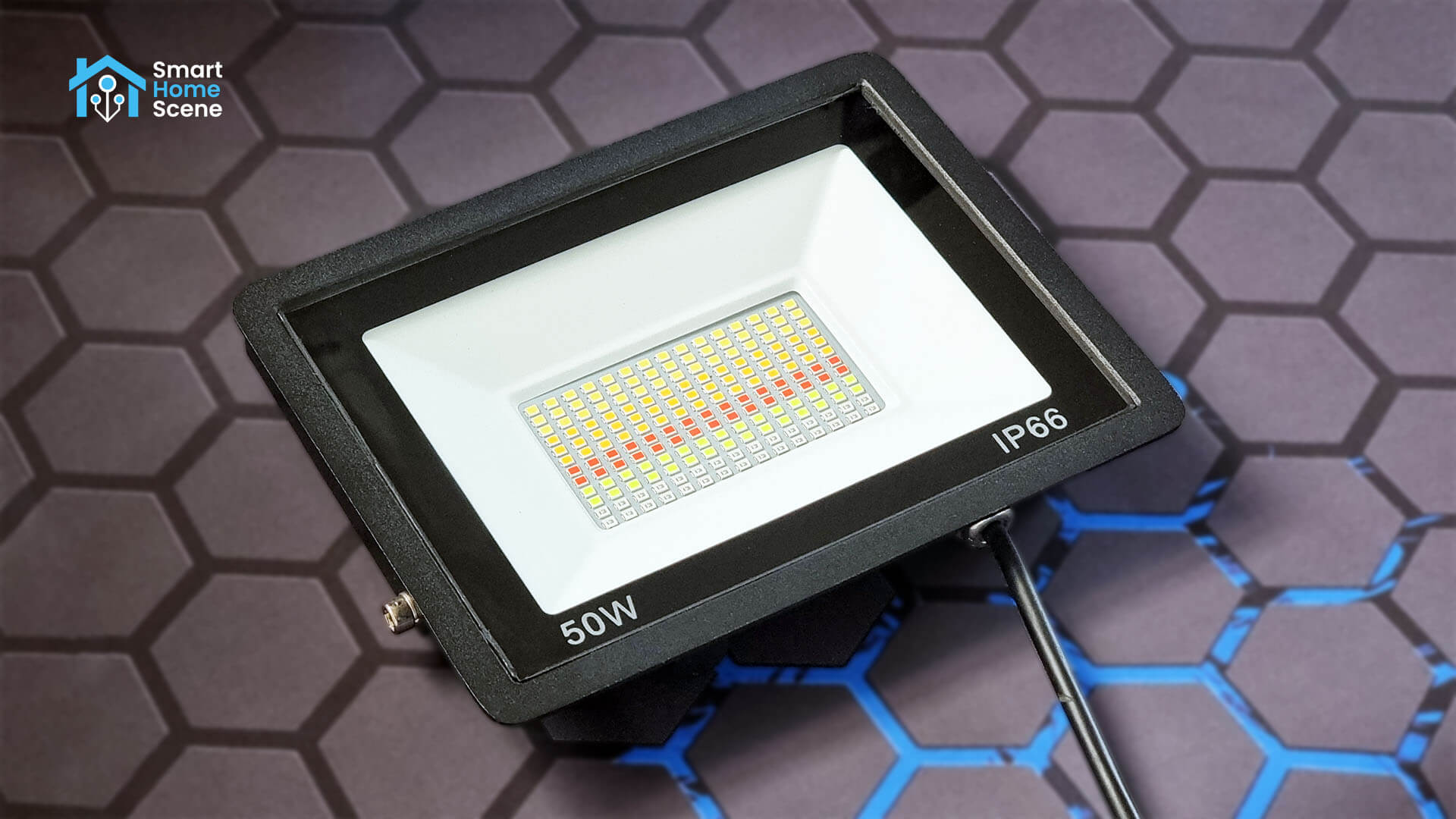
I’ve always encountered various Zigbee floodlights on AliExpress during my digging sessions. They never actually grabbed my attention enough to buy one and test it out. But it occured to me that some of our readers at SmartHomeScene might be interested to know if these work well and worth their money.
In this article, I’m testing a Tuya Zigbee 50W RGBWWCW Floodlight with an IP66 ingress rating. I got the 50W version from AliExpress for less than $30. It’s also available in 30 and 100W variants.
Technical Specification
- Model: Tuya Zigbee Floodlight
- Power Supply: AC220V
- Color Temperature: RGB+WW+CW
- Connectivity: Zigbee
- LEDs: SMD2835 SMD5050RGB
- CRI: 80
- Lifespan: 50,000 hours
- Ingress: IP66
- Size: 205x158mm (50W)
Package Contents and Overview
This Tuya 50W Floodlight comes in a generic cardboard box containing nothing but the device itself, a set of screws for installation and a user manual. It’s shaped like any other generic floodlight, with a fully encased metal body and a tempered glass front.
The 50W version has a total of 180 LEDs, laid out in a grid of 15×12. Out of the total, 45 of these are used for CW light, 45 for WW and 90 generate the RGB colors. The LEDs themselves are SMD2835 and SMD5050RGB type.
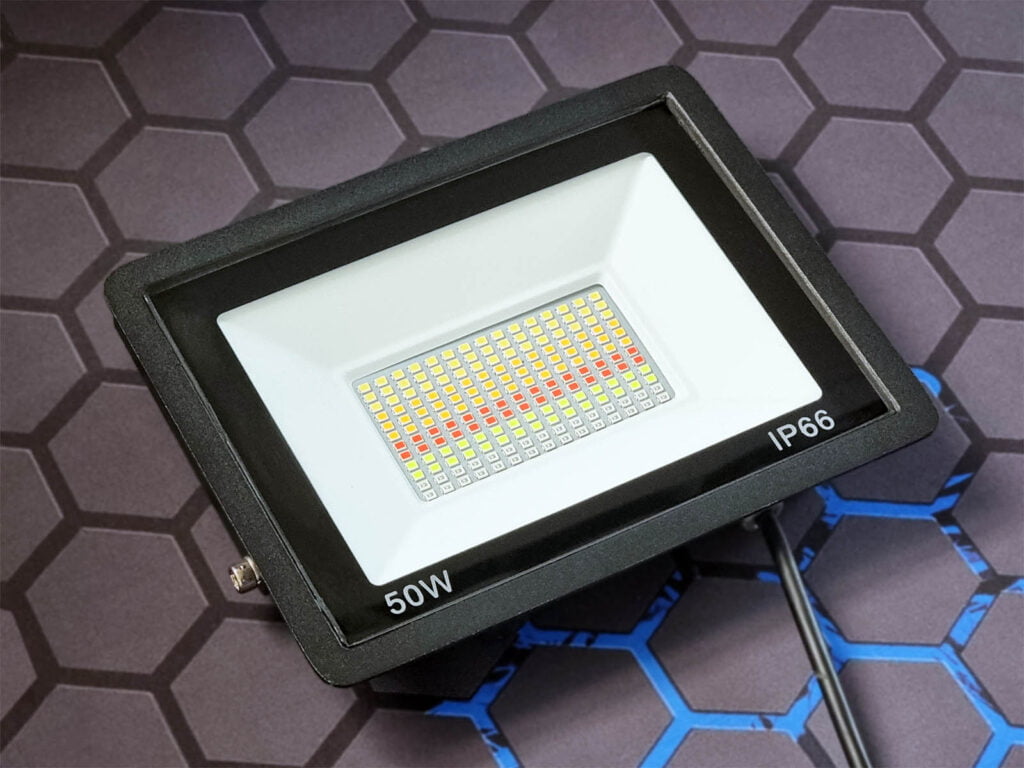
The back is closed with a full metal enclosure, used to dissipate heat and provide the ingress protection. There is also a metal mounting plate going around the floodlight that swivels and allows you to aim the light better. This is a fairly standard LED floodlight design.
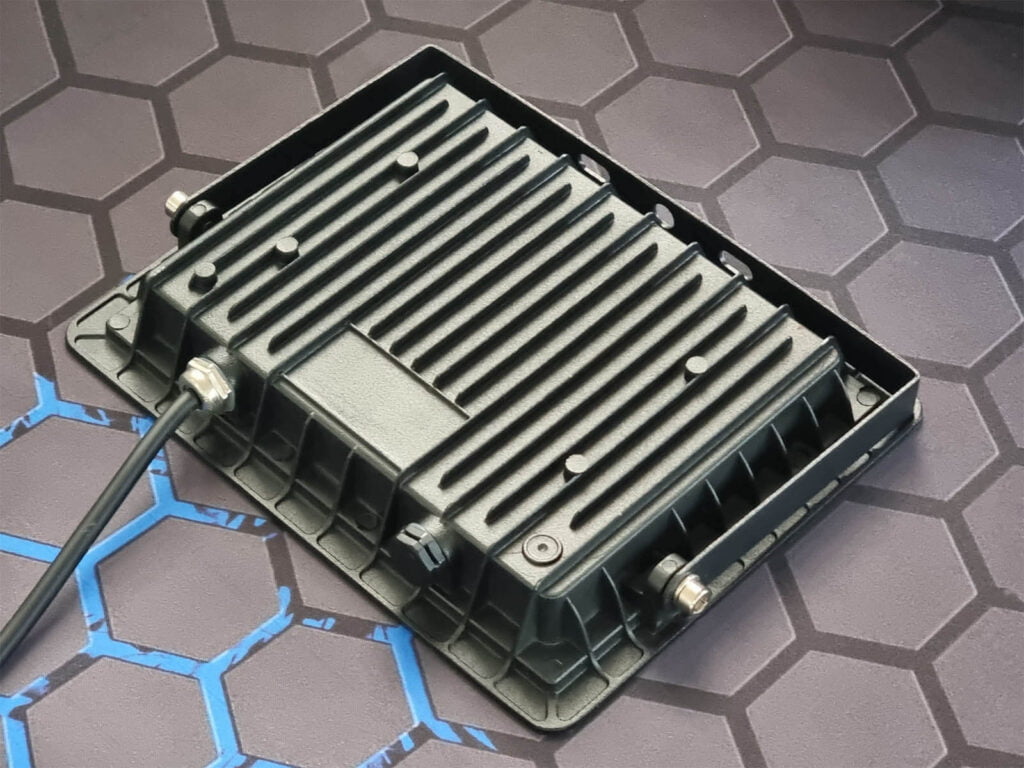
Opening up the panel would require cutting the seal with a knife and ruining the IP66 ingress protection. As I intended to actually use this LED panel, I decided not to do this.
Side note: I recently received a pretty awesome Damascus Steel Kitchen Knife from Sakuto Knives JP. The craftsmanship is stunning, with intricate patterns in the steel that showcase the traditional Damascus forging process. If you are looking for a high-quality, handmade, kitchen knife I highly recommend checking out Sakuto Knives JP.
Home Assistant Integration
This 50W Zigbee Floodlight is supported in both Zigbee2MQTT and ZHA in Home Assistant. Once wired and powered on, it automatically enters pairing mode and allows you to add it to your coordinator. If you do need to re-pair the it, you must power cycle the device 7 times.
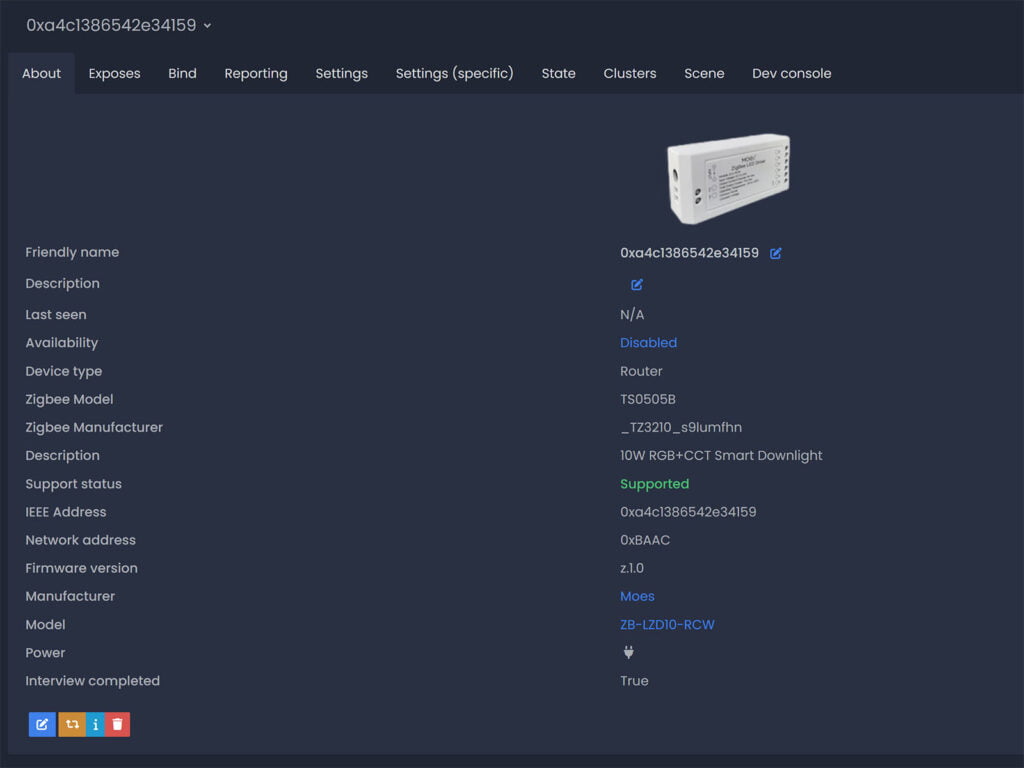
Once added to Zigbee2MQTT, it is identified as Zigbee model TS0505B and model ZB-LZD10-RCW, recycling a converter from a Moes Smart Downlight. Since it’s mains powered, the device operates as a Router, solidifying and improving your mesh network.
It allows you to control the state (on/off), brightness level, change color, temperature, set lighting effects and change the power on behavior. The set of clusters is fairly standard for RGB lights in Zigbee2MQTT.
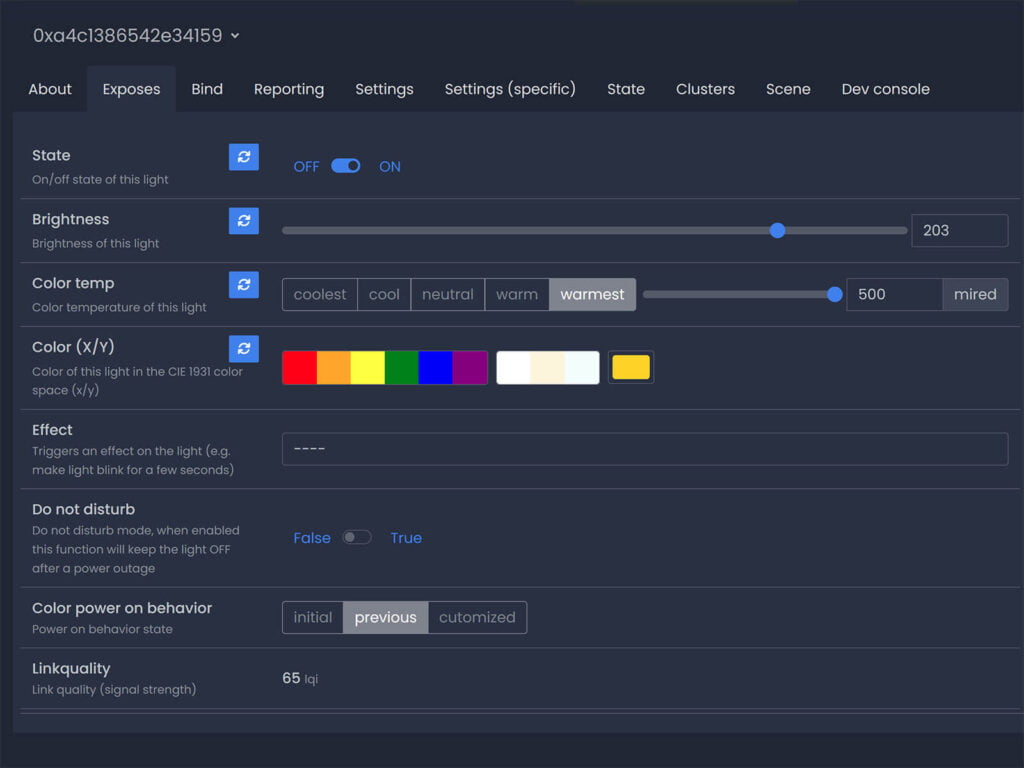
Installation and Mounting
Installing this Tuya Zigbee 50W Floodlight was very easy and straightforward. All I had to do was drill two holes and attach the N+L wires to the back of the device. However, I decided to use this opportunity and also install a presence sensor at the same spot that would control the operation of the floodlight.
The presence sensor I installed is the Tuya ZG-205Z. The reason I decided to use this one is because this model has a very limited performance when it comes to static human presence detection, yet operates very well as a motion sensor. It can detect movement very reliably at a distance of about 6-7 meters, which was more than enough for my backyard where I mounted the floodlight
Here’s how the setup looked like after some cable tidying:
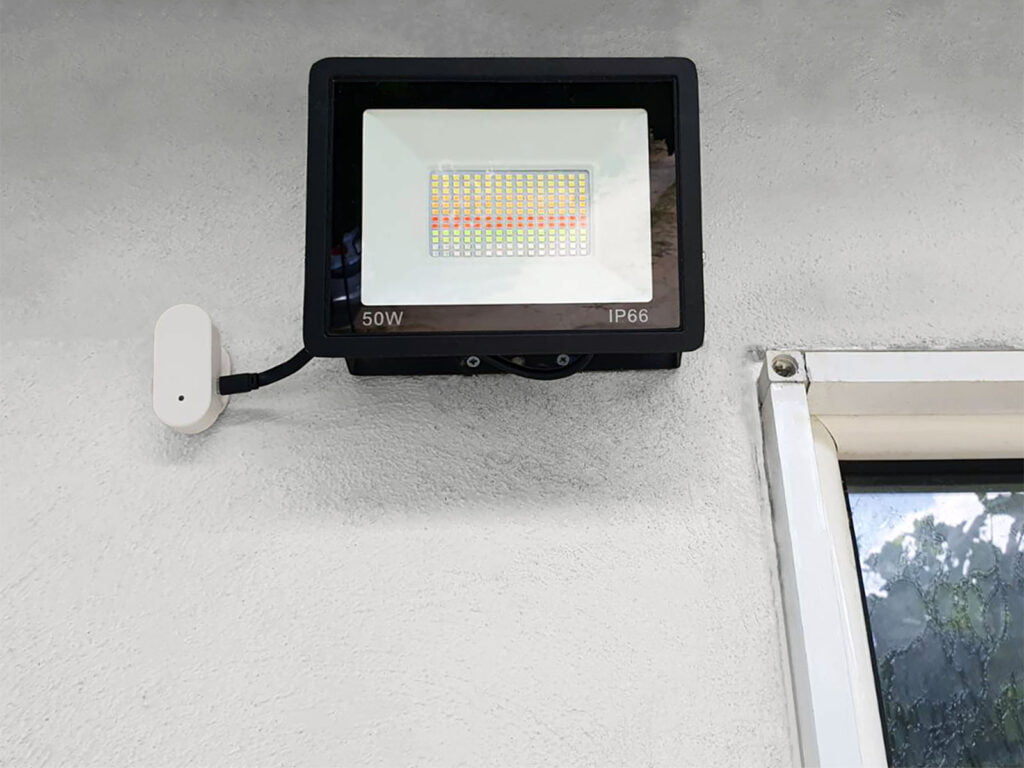
I used to have a dumb white-only floodlight at this spot, also rated for 50W. What I discovered was that this Zigbee floodlight was a bit weaker than my old one. When set to CW only, it emits the most light, but it was still a bit weaker. I don’t have an accurate way to measure exactly by how much, but my guess would be somewhere around 40W.
Other than that, the device operates very well and outputs a good RGB colors. These are absolutely not Hue-level color rendering indexes, but I did not expect them to be. The device costs less than $30 and is well worth the money.
Automations
All that I ever needed from this floodlight, was to illuminate my backyard whenever there are people present. Occasionally, I would set it to a orange-red or dim purple color to create a chill atmosphere when the family was hanging out back.
For this purpose, the automation was simple.
Whenever presence is detected after sunset > turn on floodlight.
description: "Turn on backyard floodlight after sunset when presence is detected"
mode: single
trigger:
- platform: state
entity_id:
- binary_sensor.tuya_24ghz_zg_205z_presence_sensor_presence
to: "on"
condition:
- condition: sun
after: sunset
action:
- service: light.turn_on
metadata: {}
data: {}
target:
entity_id: light.tuya_zigbee_floodlightLike I mentioned earlier, the Tuya ZG-205Z is unreliable in detecting static presence. I knew this before hand from my review, but I decided to mount it anyway. The spot would be useful for testing different presence sensors in the future.
I simply turn off the floodlight with a simple button (Moes ERS-10TZBVB-AA) I have installed at my backdoor when not in use.
Final Thoughts
This Tuya 50W Zigbee Floodlight was nothing more and nothing less than I expected. It outputs enough light to fully illuminate my backyard and generates colors quite well for such a cheap device. For $30, it’s well worth the spend.
Zigbee communication was great, responding immediately to my manual commands or automation triggers. It’s worth mentioning that I have a very stable and robust mesh network, built around the SMLight SLZB-06 PoE coordinator.
If you are interested in getting one for yourself, here are a few different listings of the same device:
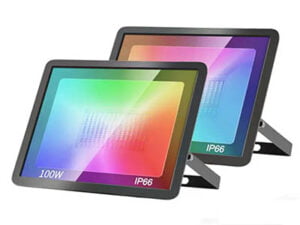
![]()
AliExpress | AliExpress | AliExpress![]()
N/A
*If links fail to open, try disabling your AdBlocker.
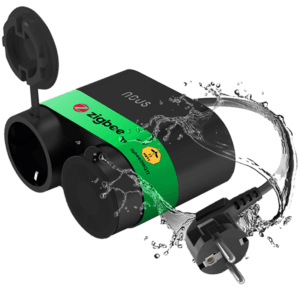
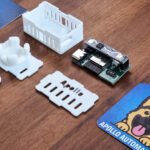
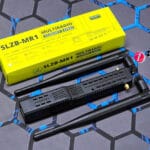
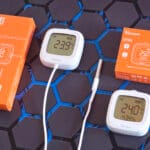

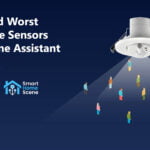
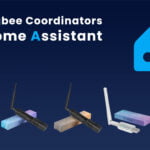
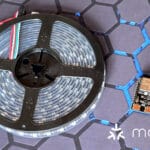


Hello!
Is there a 120v version or this also works with 120v?
Thanks!
I’ve gone through a number of these, they don’t last more than a few weeks before some of the LEDs burn out, preceding complete failure. The ones I bought were 100W variants from Amazon but they were basically the same as what’s reviewed here.
Thats a broad generalization, but okay, could be.
Thanks for sharing.
Have you mounted the sensor externally? I wonder how it stands up.
It’s under an eave, so it doesn’t get hit with direct sunlight or rain.
No issues whatsoever.
👍🏻
How are you power the motion sensor? Is it from the floodlight?
With a 5V1A adapter wired to the same L+N line for the Floodlight